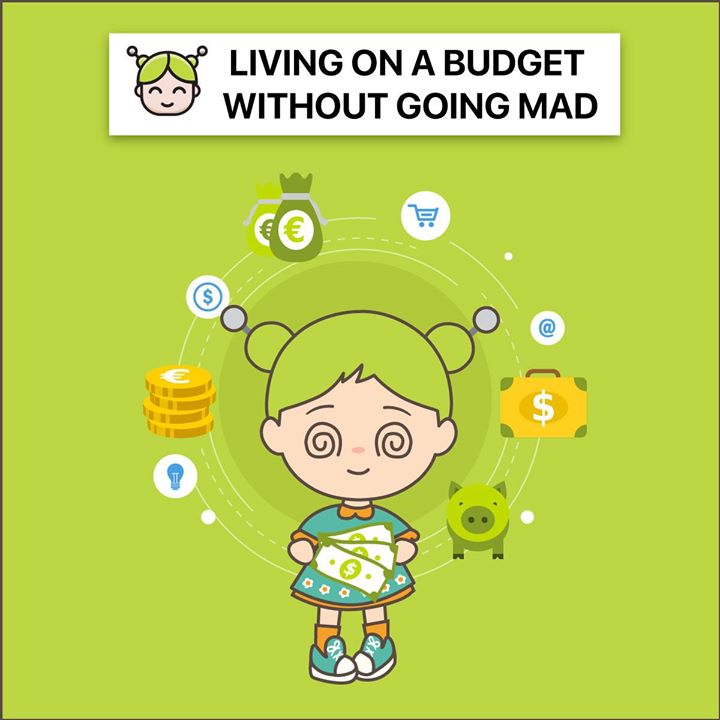I have to admit that living on a budget can be fairly tough at the beginning.
When I got the first job, I earned more money than I’d ever made in my life. Then, in no time, I started spending money like water.
You know having a salary means being able to live the life I fantasized about in university. I can spend my free time and money on whatever I want — after rent, bills, and food, of course.
Even though I did try to create a budget, it still fell apart at the end of the day. When you’re surrounded by spending opportunities, how can you try to hold on to every last penny?
So what did I do to make living on a budget as easy and painless as possible? Here are the simplest steps to take.
1. Create a budget
If you want to live on a budget, yes, the first thing you have to do is creating one and sticking with it.
Once you’ve created a budget, let’s divide it into three categories: Fixed, Saving and Variable expenses. Here are some examples:
- Fixed expenses: rent payments, utility bills (cell, electricity, water, etc.), and loan payments.
- Saving Expenses: it’s the expenses you need to save for.
- Variable expenses: anything you can buy in a store
2. Continue tracking your spending
To living on a budget successfully, you need to track where your money is going, how much money you have spent, and how much is still available to spend.
You can write down those on a simple piece of paper or in a spreadsheet. But for me, I use Song Nhi. Rather than carefully annotating every expenditure in a notebook, tracking your budget on your phone with an app can make life so much easier.
3. Set a money goal
Budgeting is pointless if you don’t have a goal.
You’re trying to reduce your debt? You’re saving for getting out of the job you hate?
Maybe your goal is just to make sure your money lasts a little longer each month.
Whatever it is, just keep reminding why you’re doing this. If you are about to splurge on something you don’t need, remember that spending now will puts you further away from your goal.
It helps you to see the bigger picture and keep your eyes on the prize.
4. Make a game out of it
Instead of seeing your budget as a bully telling you what you can and cannot do, try looking at it as a personal challenge.
Challenge yourself like don’t buy a single new thing or pack your lunch everyday this month. Then, put all the money you would have spent on new items or food into a saving accounts.
See, it sounds interesting, doesn’t?
After all, living on a budget doesn’t get easier, but it isn’t that hard. The main point is that you need to find ways to avoid overspending. Just keep this in mind, the less you spend now, the more you have in the future.
I hope this post has helped to guide you through the process. Happy budgeting!

















